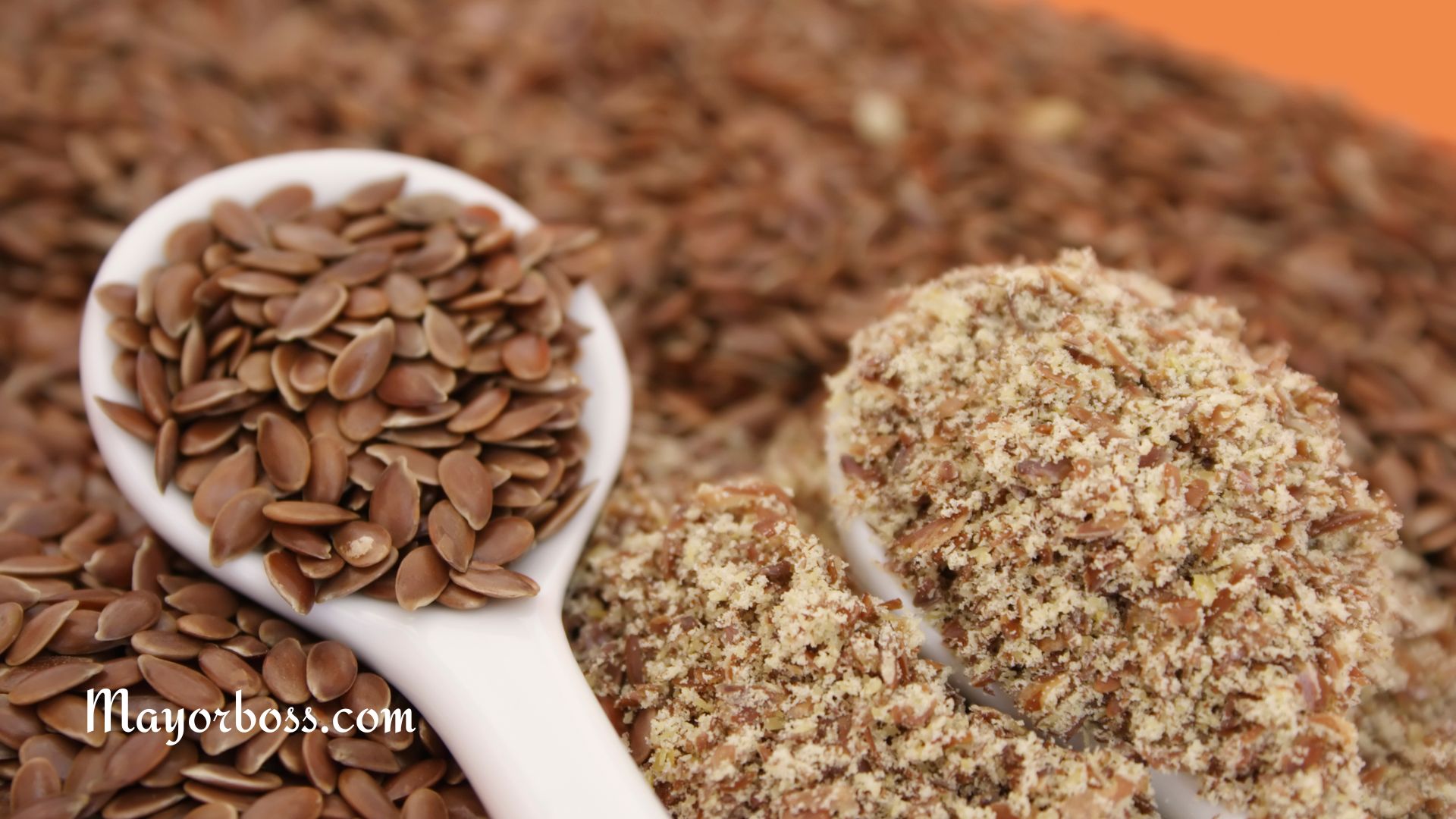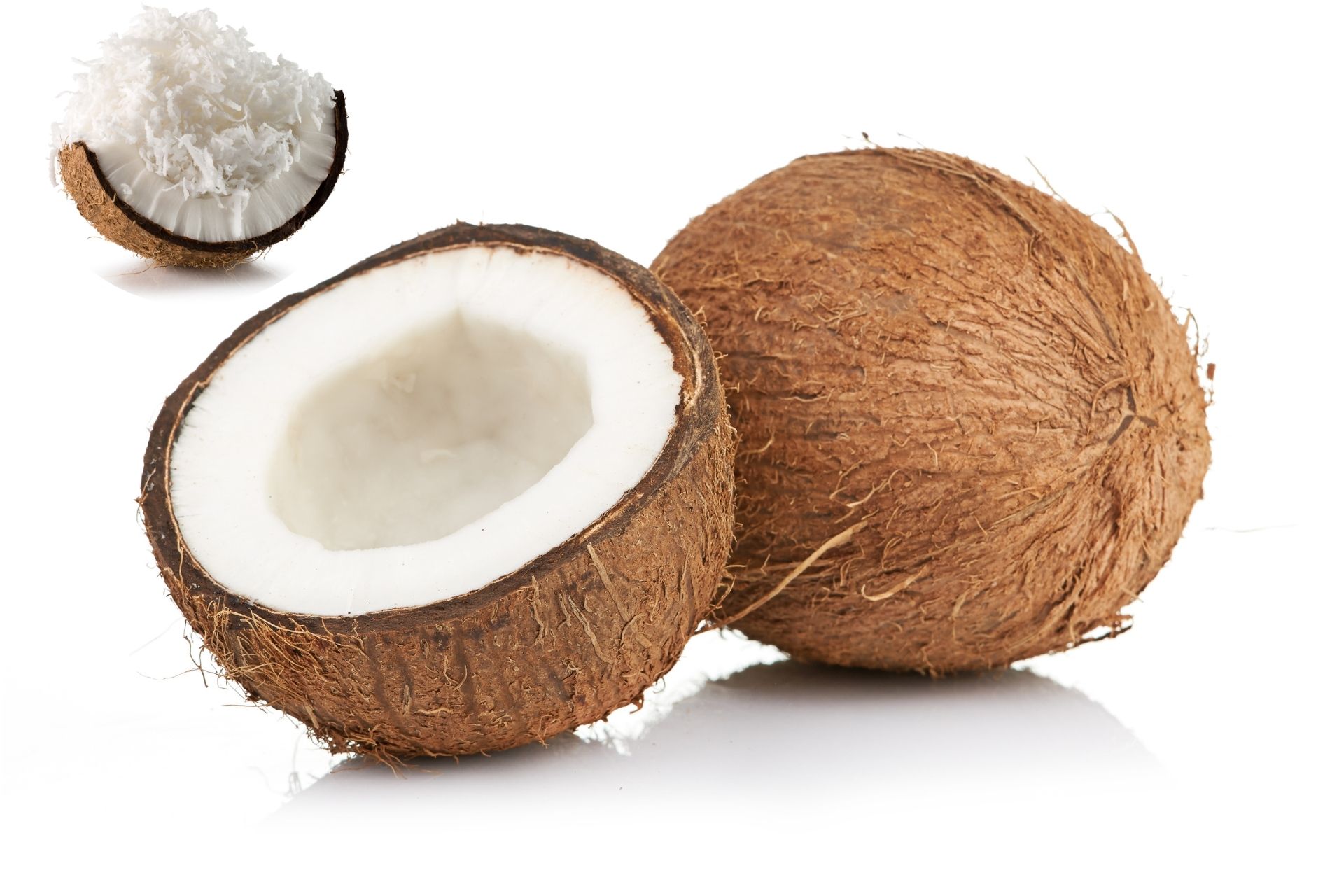What Happens to Your Body When You Eat Cheese Every Day
Cheese, a staple in many cuisines, is a delicious and versatile food. But have you ever wondered what happens to your body when you eat cheese every day? Let’s explore the potential impacts.
The Key Takeaway
While cheese can be part of a balanced diet, offering valuable nutrients like calcium and protein, daily consumption may also lead to increased sodium and saturated fat intake, potential weight gain, and in some cases, increased cholesterol levels. As with any food, moderation, and variety are key.
What Happens to Your Body When You Eat Cheese Every Day
1. You’ll Get a Dose of Important Nutrients
Interestingly, cheese is a nutrient-dense food. It provides high-quality protein, essential for repairing and building body tissues. It’s also a good source of calcium, which is crucial for healthy bones and teeth.
In addition to these, according to the United States Department of Agriculture, cheese supplies a variety of vitamins and minerals, including vitamin A, vitamin B12, zinc, and phosphorus.
However, remember that while cheese is nutrient-rich, it should not be your sole source of these nutrients. A varied diet is the best way to ensure optimal nutrition.
2. Your Sodium Levels Could Rise
While cheese is delicious and nutritious, it can also be high in sodium. According to the Centers for Disease Control and Prevention, excessive sodium intake is linked with high blood pressure, which can typically lead to heart disease and stroke.
So, if you’re eating cheese daily, be mindful of the type and quantity you consume, and be sure to balance it with other, lower-sodium foods.
3. It Could Impact Your Weight
Cheese, especially creamier and denser varieties, can be high in calories. Consuming it in large quantities every day, without compensating with physical activity or balancing it with lower-calorie foods, could lead to weight gain.
On the flip side, the high protein content in cheese may help you feel full and satisfied, potentially aiding in weight management if consumed in moderation.
4. Your Cholesterol Levels May Increase
Unfortunately, cheese can be high in saturated fat. Consuming too much-saturated fat can raise your levels of LDL cholesterol – the “bad” cholesterol – which may increase your risk of heart disease.
To minimize this risk, choose lower-fat or reduced-fat cheeses when possible and balance your cheese intake with foods rich in unsaturated fats, such as avocados, nuts, and fatty fish.
5. You May Improve Gut Health
Interestingly, some types of cheese, like cottage cheese and certain aged cheeses, contain probiotics. These beneficial bacteria support a healthy gut, which plays a crucial role in digestion and immunity.
However, not all cheeses contain significant amounts of probiotics, and they should not replace other sources of these beneficial microbes, like yogurt and fermented foods.
Which types of cheese are good to eat every day?
Choosing healthier cheeses for daily consumption involves considering factors like their nutrient content, calorie count, sodium level, and saturated fat. Here are a few types of cheese that generally fit the bill:
1. Mozzarella
Part-skim mozzarella is a good choice for daily consumption. It’s lower in fat and calories than many other cheeses, and it’s also a good source of protein and calcium.
2. Cottage Cheese
Cottage cheese is a low-calorie cheese rich in protein, vitamins, and minerals such as calcium. It’s also often available in low-fat or non-fat versions. Some research suggests that cottage cheese can help you feel full and support weight management.
3. Feta
Feta is a Greek cheese that’s lower in fat and calories than many hard cheeses. It’s rich in calcium and phosphorus and can add a strong, tangy flavor to meals, meaning a little goes a long way.
4. Ricotta
Ricotta is a creamy Italian cheese that’s high in protein and calcium. Opt for part-skim or low-fat varieties to keep calorie and fat content in check.
5. Swiss Cheese
Swiss cheese is lower in sodium and fat than many other types of cheese, making it a healthier choice for daily consumption. It also contains a good amount of calcium and vitamin B12.
Final Thoughts
While cheese can be part of a balanced diet and offers some valuable nutrients, eating it every day might have some negative impacts if not managed properly. As with any food, moderation is key. Enjoy your cheese, but pair it with other nutrient-rich foods, and always be mindful of portion sizes.
Remember, a diverse diet that includes a wide range of foods is the best way to ensure good health. So, enjoy your cheese as part of a varied and balanced diet.






